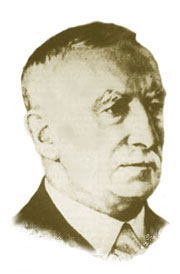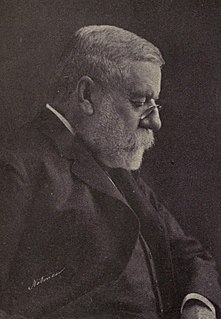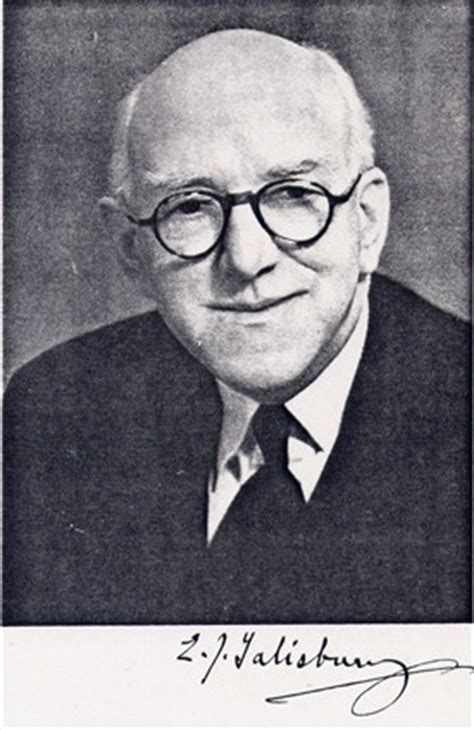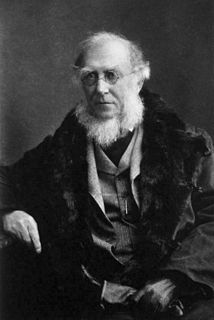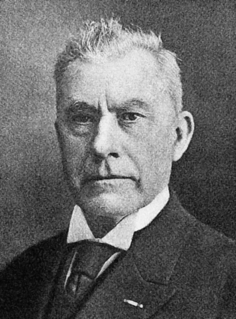A Quote by Carl Linnaeus
Nomenclature, the other foundation of botany, should provide the names as soon as the classification is made... If the names are unknown knowledge of the things also perishes... For a single genus, a single name.
Related Quotes
Ecclesiastes names thee Almighty, the Maccabees name thee Creator, the Epistle to the Ephesians names thee Liberty, Baruch names thee Immensity, the Psalms name thee Wisdom and Truth, John names thee Light, the Book of Kings names thee Lord, Exodus names thee Providence, Leviticus Sanctity, Esdras Justice, creation names thee God, man names thee Father; but Solomon names thee Compassion, which is the most beautiful of all thy names.
I am by nature not a list-keeper, but I do keep lists of names and add at least one or two every single day without exception. First names, last names, middle names, combinations of. I've collected more over the years than I can possibly ever use in a single lifetime, but I keep the list going nonetheless. I tell my students that it's a habit, an act of attention, that will keep them engaged, keep them thinking about characters and stories, and how that match might get made.
The first step in wisdom is to know the things themselves; this notion consists in having a true idea of the objects; objects are distinguished and known by classifying them methodically and giving them appropriate names. Therefore, classification and name-giving will be the foundation of our science.
The plain wooden toothpick, it may be argued, is among the simplest of manufactured things. It consists of a single part, made of a single material, intended for a single purpose-from which it gets its simple name. It is also among the most convenient and ready of things. It can be used directly out of the box-there being no instructions to read, no parts to assemble, no priming or booting required, and no maintenance expected. When it has served its purpose, it is simply discarded.
Man is the namer; by this we recognize that through him pure language speaks. All nature, insofar as it communicates itself, communicates itself in language, and so finally in man. Hence, he is the lord of nature and can give names to things. Only through the linguistic being of things can he get beyond himself and attain knowledge of them-in the name. God's creation is completed when things receive their names from man, from whom in name language alone speaks.
I don’t think it should be socially acceptable for people to say they are “bad with names.” No one is bad with names. That is not a real thing. Not knowing people’s names isn’t a neurological condition; it’s a choice. You choose not to make learning people’s names a priority. It’s like saying, “Hey, a disclaimer about me: I’m rude.
















